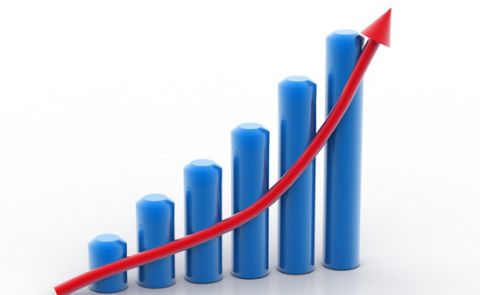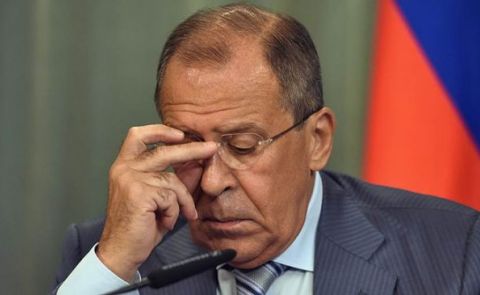
Political clashes before the second round of Georgia’s presidential elections
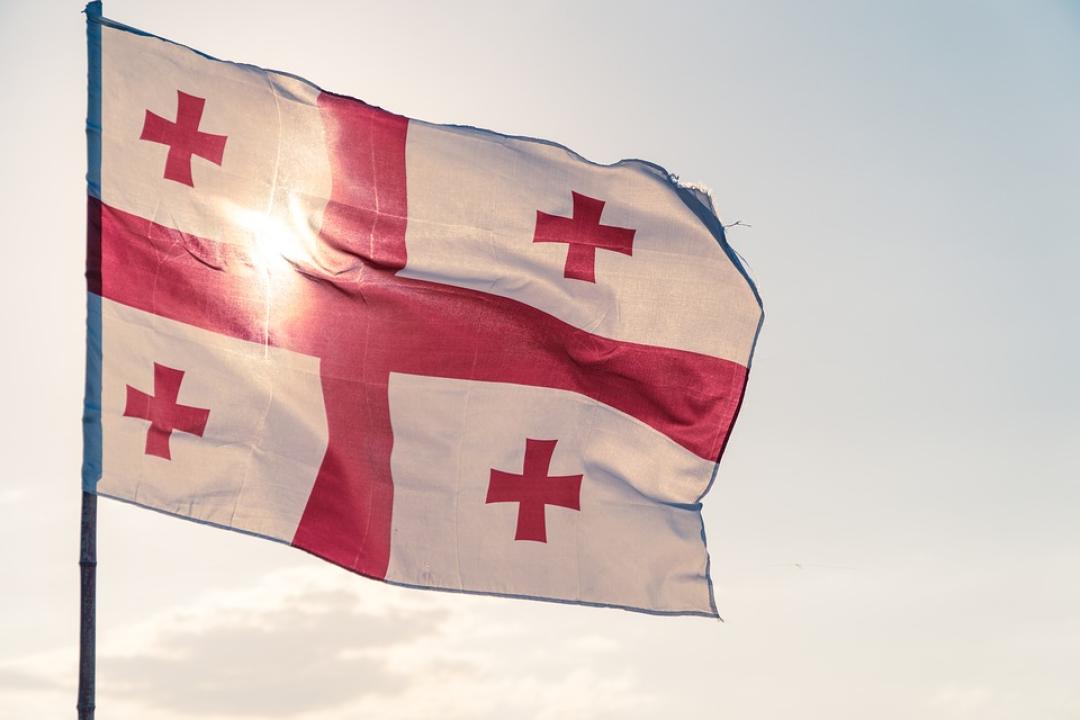
A week before the second round of the presidential elections in Georgia, the fight between the government and the opposition is intensifying.
On 19 November, Prime Minister of Georgia, Mamuka Bakhtadse, announced that the bank debt of more than 600,000 Georgians, amounting to 1.5 billion Lari (over 570 million USD) will be paid by the state. The Prime Minister sees the decision as an enabling factor for citizens' participation in economic and social processes, as well as an important step towards stabilizing the economy and improving the banking sector.
It is noteworthy, however, that the declaration of the cancellation of bank debts was made nine days before the second round of elections, which should give the government candidate, Salome Zurabishvili, an advantage. The prime minister explicitly commented on this during the press conference, saying that the issue of bank debt has already been on the ruling party's agenda since Bidsina Ivanishvili's return to politics.
One day before the Prime Minister's announcement, presidential candidate Grigol Vashadze called on the government to cancel bad loans and remove borrowers from the "black credit list". At the same time, leader of the opposition party United National Movement (UNM) and former president Mikhail Saakashvili pledged to halve mortgage rates and drastically reduce Georgian debt to microfinance companies.
Reactions to the government’s decision
Grigol Vashadze called the government's new initiative "a desperate move out of fear of losing the runoff." He claimed that Georgian banks would write off bad debts each year anyway.
Mikheil Benidze, chairman of the election watchdog "International Society for Just Elections and Democracy" (ISFED), accused the government of "buying votes". According to Benidse, the decision is aimed at generating support from voters, but he believes that it is unfair and discriminatory against those who still have to pay off their debts. "These issues should be dealt with systematically, not with one-off short-term initiatives that encourage citizens to borrow, in the hope that the government or another party will have its debt redeemed. It is also unclear what kind of negotiations the government has had with the companies and to what extent their participation was voluntary, "said the election expert.
The leader of the opposition party "European Georgia", Sergi Kapanadze, also accused the government of buying votes. He said he was expecting that Ivanishvili would get the money back from Georgians in some other way. Kapanadse also voiced his concern that the government's initiative would encourage people to irresponsibly borrow.
"Transparency International - Georgia" and the "Association of Young Lawyers in Georgia" also called the initiative a "vote buying effort".
The founder and chairman of the governing party, Bidzina Ivanishvili, expressed that the allegations of the opposition parties and the non-state sector regarding the "vote-buying" were false. Ivanishvili said in his interview with Imedi TV that the information about the support of some distressed Georgians had been circulated in May 2018. "If you remember, I told the ex-prime minister back in May that the number of people below the poverty line should be reduced and some steps needed to be taken. So this promise is not tied to the elections, "he said. Ivanishvili added that the recently announced initiative is a good example of the results of diligent government work.
In addition, Georgia-based NGOs, including the "Georgian Association of Young Lawyers", "Transparency International-Georgia" and the "International Society for Equitable Elections and Democracy" spoke at a press conference on 20 November about possible fraud plans and counterfeiting of documents in the run up of the elections. "Last week, a public service development agency official told us that the agency allegedly printed fake ID cards. According to this employee, fake ID cards are being produced to manipulate the second round of the presidential election in favor of Salome Zurabishvili, "the NGOs claimed.
The Georgian Public Prosecutor's Office responded to allegations by the NGOs by stating that it had opened an investigation and that all necessary investigative and procedural actions were being carried out to ensure that the facts were well established and thoroughly investigated.
The second round of the presidential elections in Georgia will take place on 28 November this year. Along with the elections comes a constitutional reform. From 2023 on, an electoral committee is to appoint the president. This election is the last time that the president will be elected directly by the people. In addition, the head of state will only officiate five instead of six years in the future and fulfill predominantly representative tasks.
See Also

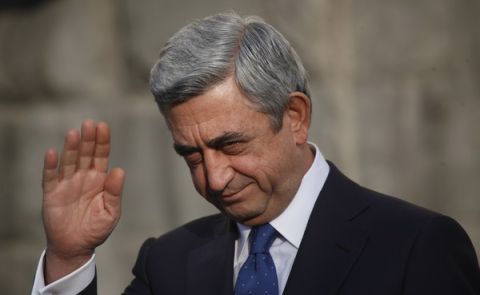
Serzh Sargsyan Rejects Charges, Backs Impeachment, and Warns of Secret Deals
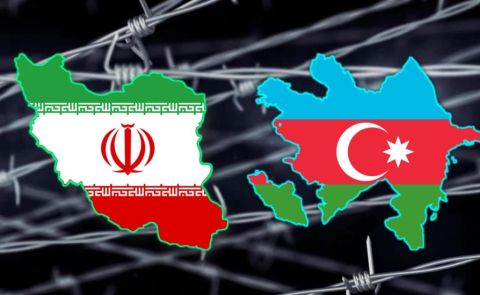
Azerbaijan Confirms Execution of Terrorist Behind Embassy Attack in Iran
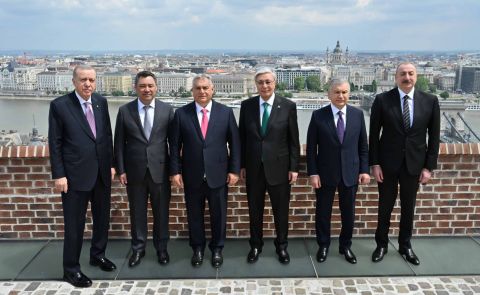
Turkic Leaders Adopt Budapest Declaration, Emphasizing Peace, Trade, and Digital Connectivity
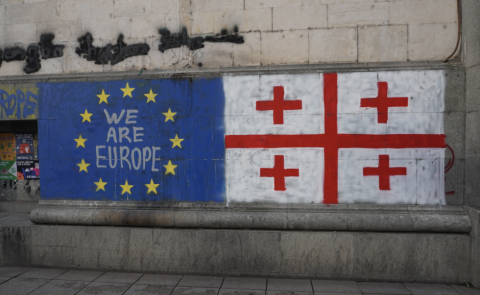
International Officials Criticize Georgian Dream Amid Democratic Concerns
